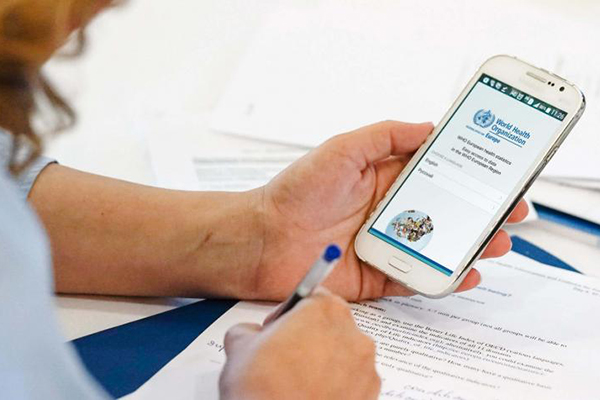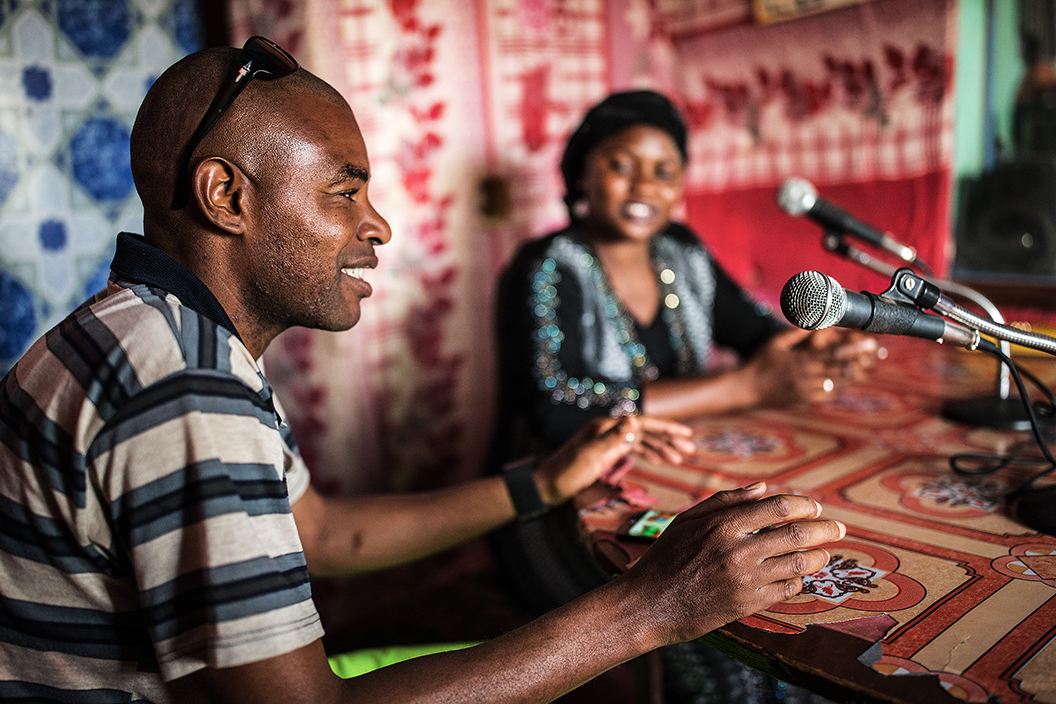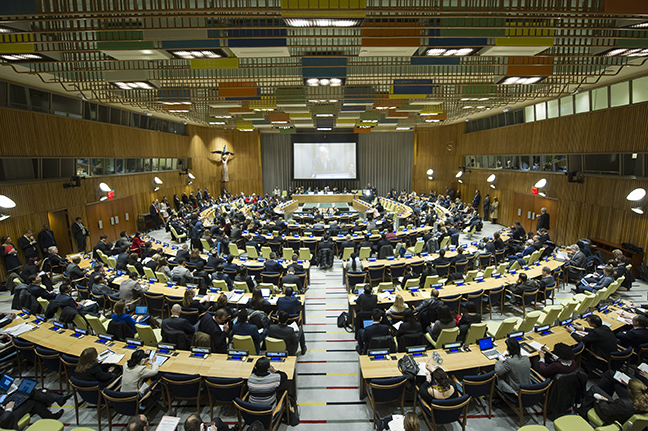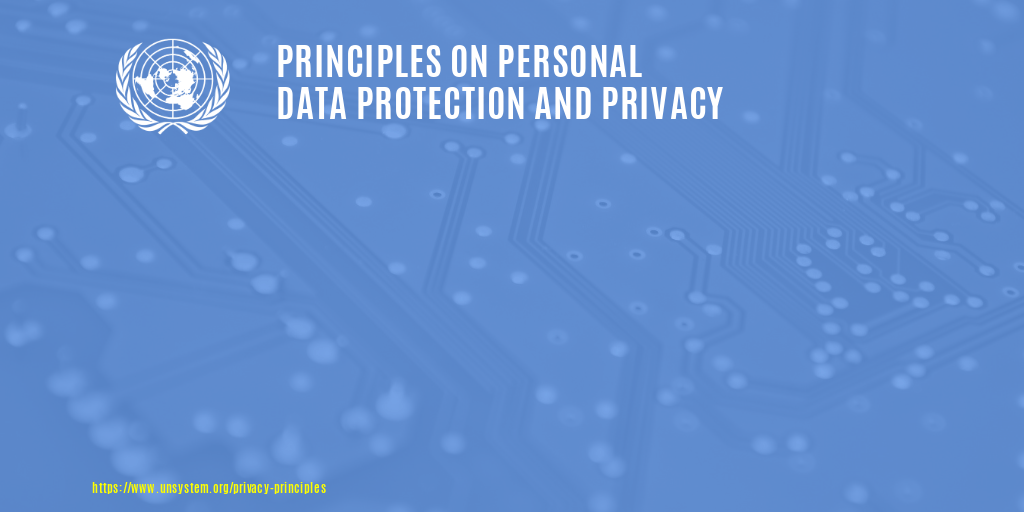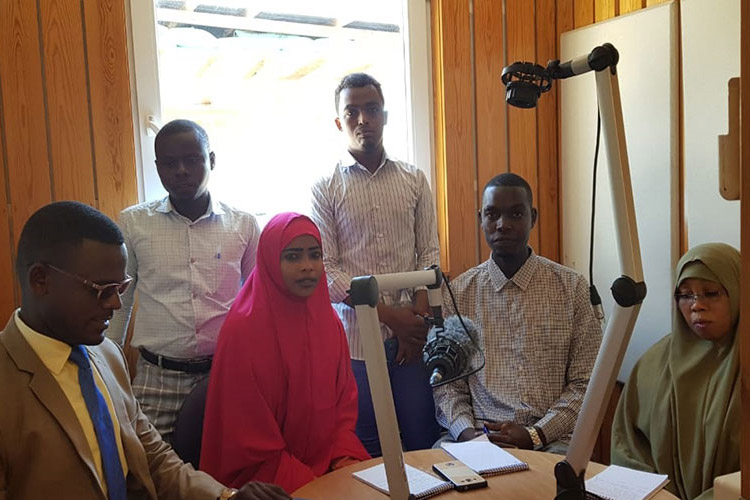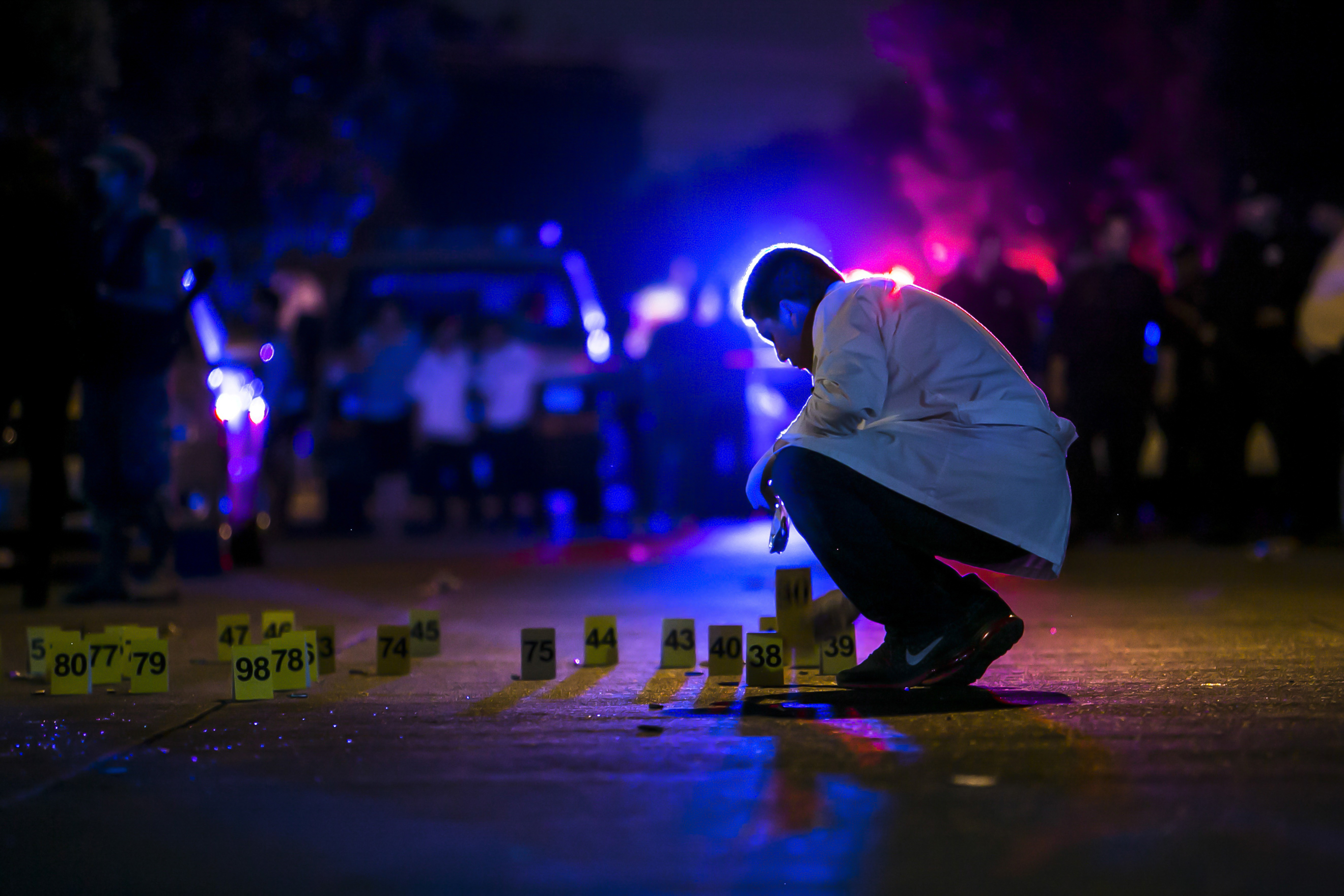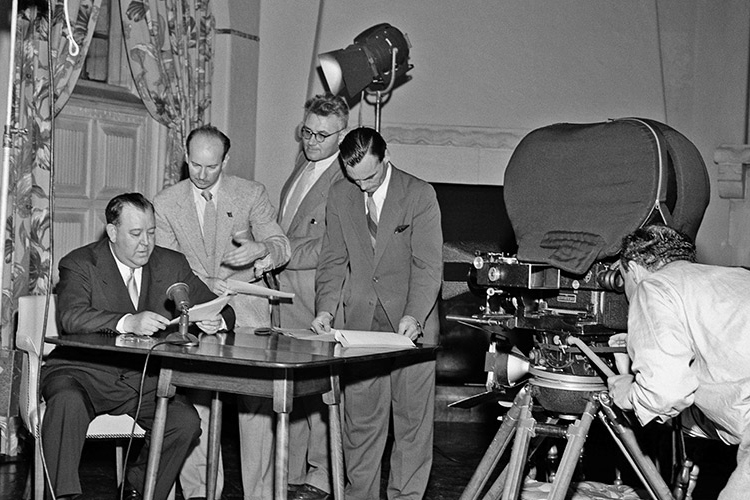From teaming up with some of the best-known football stars and popular local musicians, to launching a direct messaging campaign, the United Nations is joining forces with new partners to share vital information about coronavirus. These efforts include the World Health Organization (WHO) launch of a dedicated messaging services in Arabic, English, French and Spanish, partnering with WhatsApp and Facebook to share critical guidance on COVID-19. WhatsApp Health Alert attracted 10 million users in the first days of launch.
Communication and Mass Media
From selling fake coronavirus cures online to cyberattacks on hospitals, crime and misinformation is also increasing during the COVID-19 crisis. The United Nations has stepped up its fight against a proliferation of false information about the virus. The excessive amount of information, infodemics, can hamper an effective public health response and create confusion and distrust among people. Secretary-General António Guterres has also warned about the dangerous epidemic of misinformation.
The WhatsApp Coronavirus Information Hub offers tips and resources for users around the world to reduce the spread of rumours and to obtain accurate health information.
Radio is a powerful medium for celebrating humanity in all its diversity and a platform for democratic discourse. At the global level, radio remains the most widely consumed medium. This unique ability to reach the widest audience means radio can shape a society’s experience of diversity, stand as an arena for all voices to speak out, be represented and heard. Radio stations should serve diverse communities, offering a wide variety of programmes, viewpoints and content. On World Radio Day 2020, UNESCO calls on radio stations to uphold diversity, both in their newsroom and on the airwaves.
Consent is required before collecting any personal data or information including photos and videos.
The Dag Hammarskjöld Fund for Journalists is now accepting applications from professional journalists for its 2020 fellowship programme. The application deadline is Friday, March 6, 2020. The fellowships are available to radio, television, print and web journalists, age 25 to 35, who are interested in coming to New York to report on international affairs during the 75th session of the United Nations General Assembly.
We are UNited and Working Together on Data Privacy & Data Protection
The Principles on Personal Data Protection & Privacy: http://bit.ly/UNDataProtectionPrinciples
#DataPrivacyDay #DataProtectionDay
The shows and advertising we watch on TV and online have the power to shape our attitudes and behaviours.
A 2-day training workshop on media strategy and engagement was organized by the Human Rights and Protection Group (HRPG) with the United Nations Assistance Mission in Somalia (UNSOM).
The deadline for submissions is 5 February 2020.
In the past twelve years more than 1,000 journalists have been killed for reporting the news and bringing information to the public. Not only in war zones, but also at home. In nine out of ten cases the killers go unpunished. UNESCO is concerned that impunity damages whole societies by covering up serious human rights abuses, corruption, and crime. The UN General Assembly proclaimed 2 November as the International Day to End Impunity for Crimes against Journalists, in a resolution urging Member States to implement definite measures countering the present culture of impunity. #KeepTruthAlive
Audiovisual documents, such as films, radio and television programmes, are our common heritage and contain the primary records of the history of the 20th and 21st centuries. Unfortunately, that heritage is now endangered, because sound recordings and moving images can be deliberately destroyed or irretrievably lost as a result of neglect, decay and technological obsolescence. This year's celebration on 27 October urges us to Engage the Past Through Sound and Images, and recognizes the preservation efforts of the thousands of archivists, librarians and caretakers around the world, who care for these valuable collections.
Welcome to the first edition of UNcomplicated, a new podcast from UN News that grew out of a coffee shop conversation between Sinduja Srinivasan and Jason DeWall. "The UN can seem intimidating and complicated," our hosts said.

